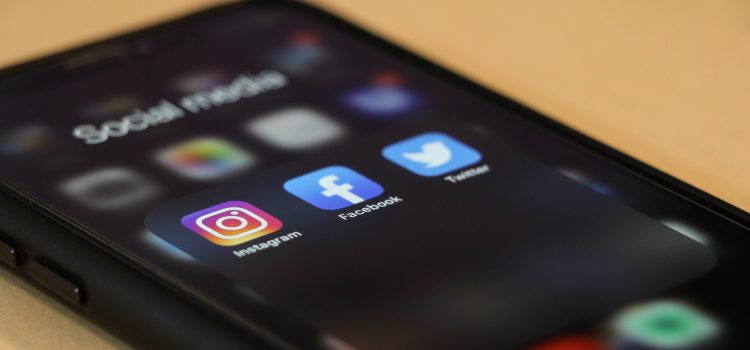
Welcome to the digital age where everything we do is interconnected and online. From communication to banking, shopping, and socializing, there’s an app or website for just about everything. But with this convenience comes a major concern- privacy. As our lives become more intertwined with technology, it’s crucial that we take steps to protect our personal information from prying eyes. In this blog post, we’ll be sharing five practical tips on how you can keep your information private online and safeguard yourself against potential cyberattacks. So sit back, relax, and get ready to learn how you can stay safe in the virtual world!
Create a strong password and don’t use the same password for multiple accounts
When it comes to creating a strong password, there are a few key things to keep in mind. First, your password should be at least eight characters long. Second, it should include a mix of upper and lowercase letters, as well as numbers and special characters. Finally, you should never use the same password for multiple accounts.
If you follow these simple tips, you’ll have a much better chance of keeping your information safe and secure online.
Use two-factor authentication
Most people are aware by now that they should be using a strong password for their online accounts. But even a strong password is not enough to keep your account secure. Hackers can use sophisticated software to guess your password, or they may be able to obtain it through social engineering. That’s why it’s important to use two-factor authentication (2FA) for your online accounts.
2FA adds an extra layer of security by requiring you to enter a second piece of information in addition to your password. This second factor can be something that only you know, like a PIN or a code generated by an app on your phone. Many online services, such as Google and Facebook, offer 2FA options.
If you’re not using 2FA for your online accounts, you should start today. It’s the best way to protect your account from being hacked.
Be careful what you click on
In the age of the internet, it’s important to be careful about what you click on. With just a few clicks, you can unwittingly share your personal information with strangers. Here are some tips to help you keep your information private online:
1. Be careful what you click on. Make sure that you trust the website or email before you enter any personal information.
2. Use strong passwords for all of your online accounts. Avoid using easily guessed words like your name or birthday.
3. Don’t respond to unsolicited emails or pop-ups that ask for personal information. These are often scams known as phishing attacks.
4. Keep your software up to date. Regularly update your web browser and antivirus software to protect against the latest security threats.
5. Be cautious about what you post on social media sites. Avoid sharing sensitive information like your address or phone number publicly.
By following these simple tips, you can help protect your personal information online.
Keep your software up to date
One of the simplest and most effective ways to keep your information private online is to make sure your software is up to date. Outdated software can be full of security vulnerabilities that leave you open to attack. Keep all your software, including your operating system, browser, and any plugins or extensions, up to date with the latest security patches.
Use a VPN
If you’re looking to keep your information private online, one of the best things you can do is use a VPN. A VPN, or virtual private network, is a tool that helps to encrypt your traffic and keep your data safe from prying eyes. There are many different VPN providers out there, so it’s important to choose one that suits your needs. Some things you may want to consider when choosing a VPN include:
-The level of security and privacy they offer
-How easy it is to use their service
-What devices they support
-Whether or not they keep logs of your activity
Once you’ve found a VPN provider that meets your needs, setting up the service is usually straightforward. Once you’re connected to the VPN, all of your traffic will be encrypted, making it much more difficult for anyone to snoop on what you’re doing online. This is especially important if you’re using public Wi-Fi networks, as these are often less secure than private ones.










